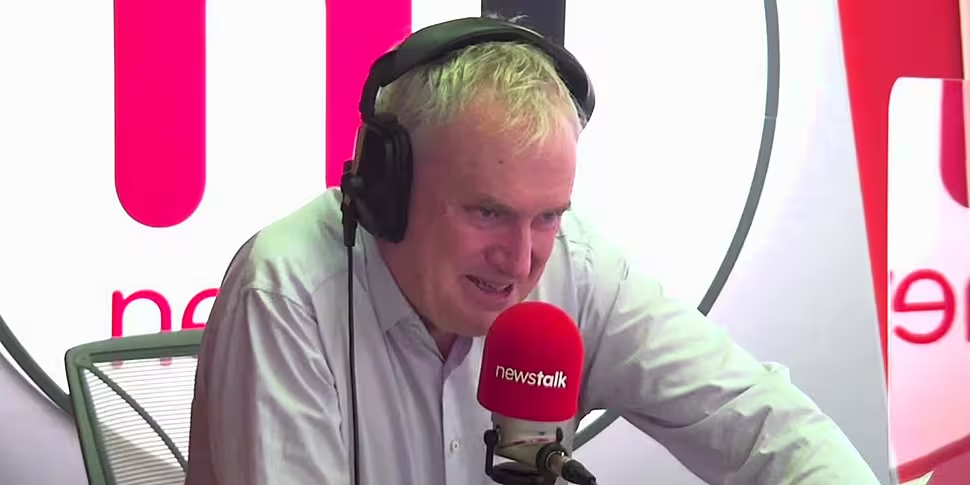Scientists are working to find out why some people never pick up COVID despite being situations where they should, according to Professor Luke O’Neill.
On The Pat Kenny Show this morning, the Trinity professor said “thousands and thousands” of people are being analysed to see why they never got infected.
The studies include couples who were living together but never passed the virus to each other.
“This is another very interesting area,” he said. “Lots of people are asking this question now and they are taking samples from people who never got infected but should have.
“There is a big study happening with couples – say a couple of live together and one get infects and the other doesn’t.
“They are together so what is the difference there genetically? There are thousands and thousands of people being analysed for this to see if someone is resistant basically.”
Resistance
He said there are many examples of people showing natural resistance to other infectious diseases.
“The great example is AIDS,” he said. “There were people who were completely resistant to AIDS – never caught it even though they were in a high-risk group.
“They found a mutation in those people in a specific protein that the virus needed to get into your cells.
“It was broken in those people and the virus couldn’t get in – it is called CCR5
“Again, they are looking for this now in COVID and there is a lot of work going into it. You wouldn’t believe the samples there are hundreds of thousands of being sampled the whole time.
“One option that has come up is the blood group. Remember the O Group may give protection. That seems to be more evidenced now – that is not definitive yet but there may be a certain blood group that makes you more resistant or less prone to disease, so it is a really active area.”
AIDS
He said the AIDs studies led to the development of CCR5 inhibitors which are now used to treat HIV.
“Drug companies began developing things that could block that in other people and that works,” he said. “That stops the virus getting in.
“A new drug came out of that really so that is the benefit of this. If you can find someone who is resistant and get that into everybody, it will make them less likely to be infected. That is why it is important, these types of studies.”
Centenarians
He said researchers are also looking at people in vulnerable groups who picked up the virus but didn’t get sick.
“Another great one is they are looking at centenarians,” he said. “It turns out there is a set of people over 100 who got infected and didn’t get sick.
“Now isn’t that very interesting because they should be high-risk because they are older.
“There is a 114-year-old woman in Brazil for example who was infected. They are looking at her DNA; they are wondering how could that woman survive you see. So, they are digging into the genetics of this to see why are some people resistant.”
You can listen back here:









